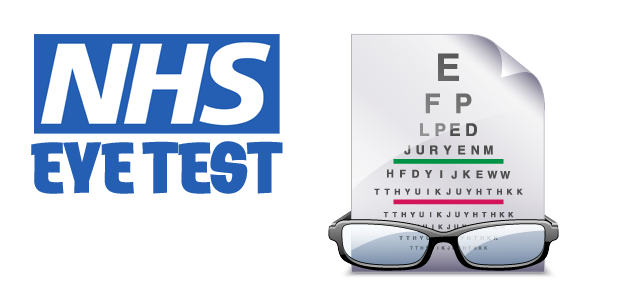![]()
Jack Brown Eyecare, Edinburgh Opticians.
Email: info@jbeyecare.com
Jack Brown Eyecare Branches
30 Elder Street, Edinburgh EH1 3DX
Tel: 0131 557 3531
Open in Google Maps
Westside Plaza, Edinburgh EH14 2SW
Tel: 0131 442 2333
Open in Google Maps

Myopia (short-sightedness) occurs when rays of light are brought to a focus in front of the retina because the optical power of the eye is too great, or the eye is too long. The latest research finally proves that contact lenses can slow down the progression of Myopia and, in some cases, halt it all together.
Do not let fear and prejudice deter the fitting of contact lenses to children. They often make the most successful patients.
A research study carried out at the University of Houston Contact Lens Institute fitted myopic children aged eight to thirteen with Rigid Gas Permeable or hard contact lenses. The average increase in myopia over three years was one-third the rate of progression of those myopic children wearing spectacles. The Houston study found that not only do hard lenses successfully slow down the process of myopia, the benefit persisted when the contact lens wear was resumed after being discontinued for a few months.
Between the ages of seven and 11 years, six percent of the population has 0.5 dioptres (the unit used to measure short-sightedness) or more of myopia.
The big jump in myopia comes between ages 12 and 13 with an increase of 25 percent in young people who have a 0.5 dioptres.
The way in which rigid lenses stabilise myopia is thought to be either by flattening the growing cornea, or by restraining axial elongation of the eye. (i.e. in both cases, preserving the correct eye shape)
Rigid lenses are the most effective in retarding the onset and progression of myopia.
Information supplied by the University of Houston Contact Lens Institute.
text size >












